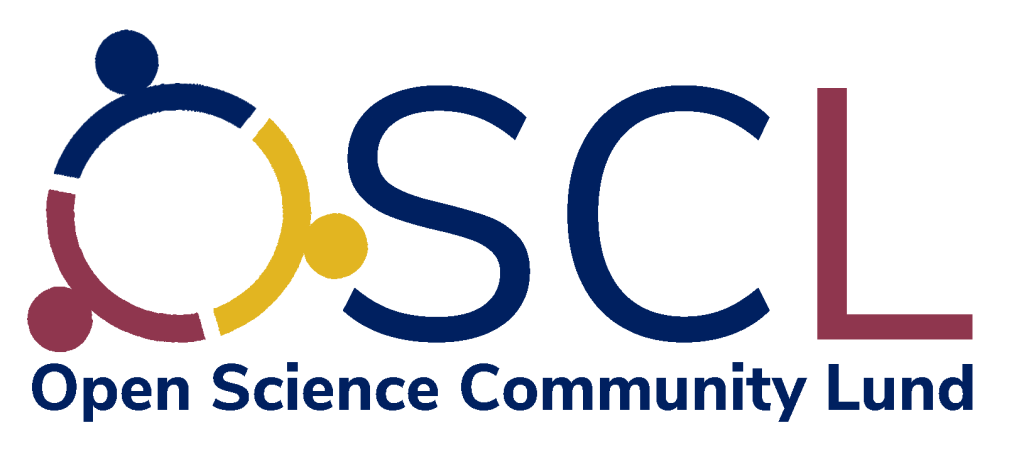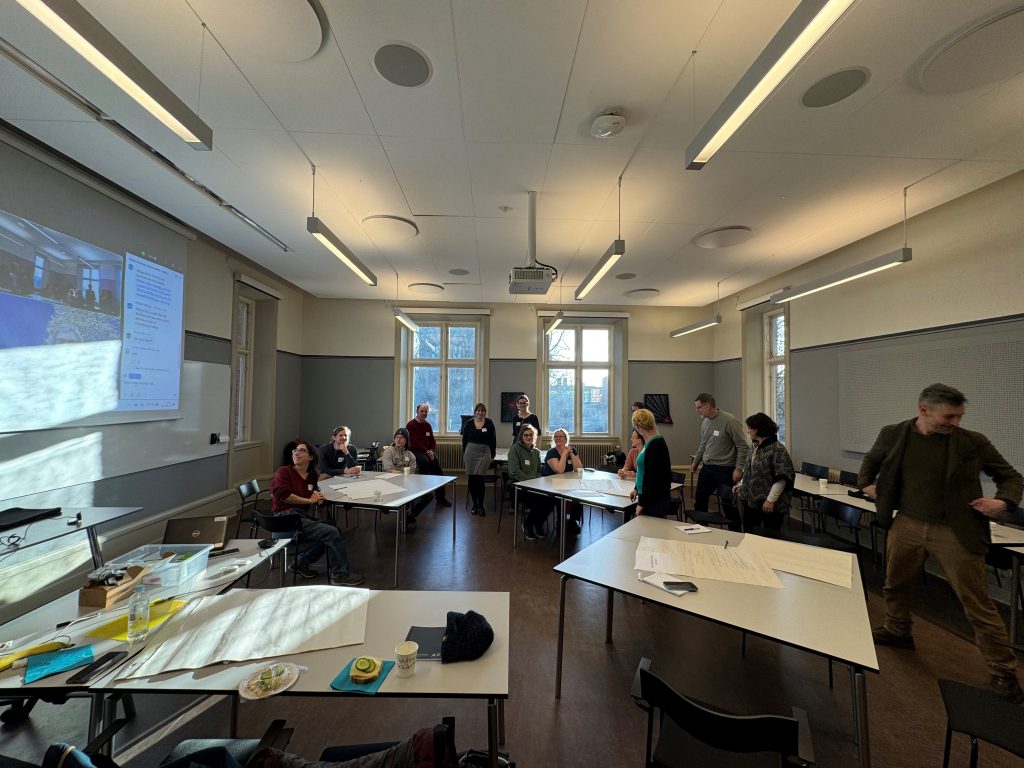The Swedish Association of Higher Education organised a webinar last week on diamond open access publishing in Sweden. I think most subscribers to this blog are familiar with the notion of diamond open access, if not, I will briefly explain. Diamond open access is open access that does not encompass any fees for neither authors nor readers. Most open access journal are financed by article processing charges (APCs). Diamond open access journals are usually funded by universities or other institutions and plenty of “love of labour” from researchers in editorial boards and teams. I will return to this point later. Publishers of diamond open access journal do not make any profit, which means this model does not risk facilitating predatory publishing. Hence, in the view of many, diamond open access is the most ethical model for journal publishing fostering both accessibility, quality and sustainability. Returning to last week’s webinar on diamond open access in Sweden Anna Gudmundson, editor of the Diamond open access journal Moderna Språk and researcher at Stockholm University accounted for her experience as editor and what kind of support she would like to have access to. This included legal expertise, technical support, editing and copy-editing. Activities that she currently manages herself but that are time consuming, taking time away from actual research and are not part of the expertise of a researcher. Anna’s account of being an editor of a diamond open access journal resembled very much the experiences expressed by the panelists in the session about open access journals during LU open science days 2023. The editors on the panel struggled constantly with funding and carried out lots of voluntary work to be able to keep the journal going. Following Anna Gudmundson’s talk Sofie Wennström from Stockholm University reported on recent developments in Europe and Sweden that support diamond open access publishing such as the European Diamond Capacity Hub and the new Swedish initiative diamondoasweden.org. The aim of the Swedish initiative is to improve conditions and support for not-for-profit open access publishing.
Current initiatives on diamond open access must be seen in light of previous efforts and current guidelines. In 2015, Swedish higher education institutions embarked on a path towards open access by entering into transformative agreements, also known as read and publish agreements. These agreements were and continues to be primarily negotiated by the national consortia BIBSAM. Being one of the largest and most multidisciplinary universities in Sweden, Lund University has since entered into most of these agreements. In 2023, the number of agreements reached 31 in total (for a complete list see p. 38 in Open Access-publicering vid Lunds universitet 2023 (Swedish only). All but one encompass publishing in hybrid journals, that is, journals that publish both subscription-based articles (articles behind paywalls) and open articles by charging APCs. These agreements have resulted in an increase in the number of articles that are open but also increasing in costs for subscriptions and publications. In addition, the hybrid model that was intended to be a transitional solution, from a subscription based scholarly communication landscape to an open one, has proved to be a rather persistent model. In 2023 the Swedish Association of Higher Education working group called Beyond the transformative agreements, published a report stating recommendations for how BIBSAM and Sweden should move forward to reform the scholarly communication landscape towards openness and financial sustainability. The groups recommends BIBSAM to cease signing agreements that include publishing in hybrid journals. From 2026 and onward only agreements to publish in fully open access journals should be signed. In addition, the report advocates the need for an independent national publishing platform and support to research-owned journals to migrate these from commercial publishers to non-profit platforms. The EU council conclusions on High-quality, transparent, open, trustworthy and equitable scholarly publishing that were adopted in 2023 point out the need for diversity in the both formats and open access publishing models. The conclusions highlight that the not-for-profit open access publishing play an important role for a sustainable and equitable scholarly communication landscape and that public research organisations, like higher education institutions, should support this. The wording of the National guidelines for promoting open science in Sweden align with the council conclusions. Amongst priorities and goals are; increase transparency in costs for publishing, decrease that costs, supporting infrastructures for non-profit-publishing and facilitate open access publishing in alignment with the FAIR-principles.
I’m looking forward to seeing how diamond open access initiative develop and grow and hope that Lund University will be part of these efforts to facilitate ethical not-for-profit publishing.
Do you have any thought or experiences of diamond open access that you would like to share on this blog? If so, send me an email karolina.lindh@ub.lu.se




Comments